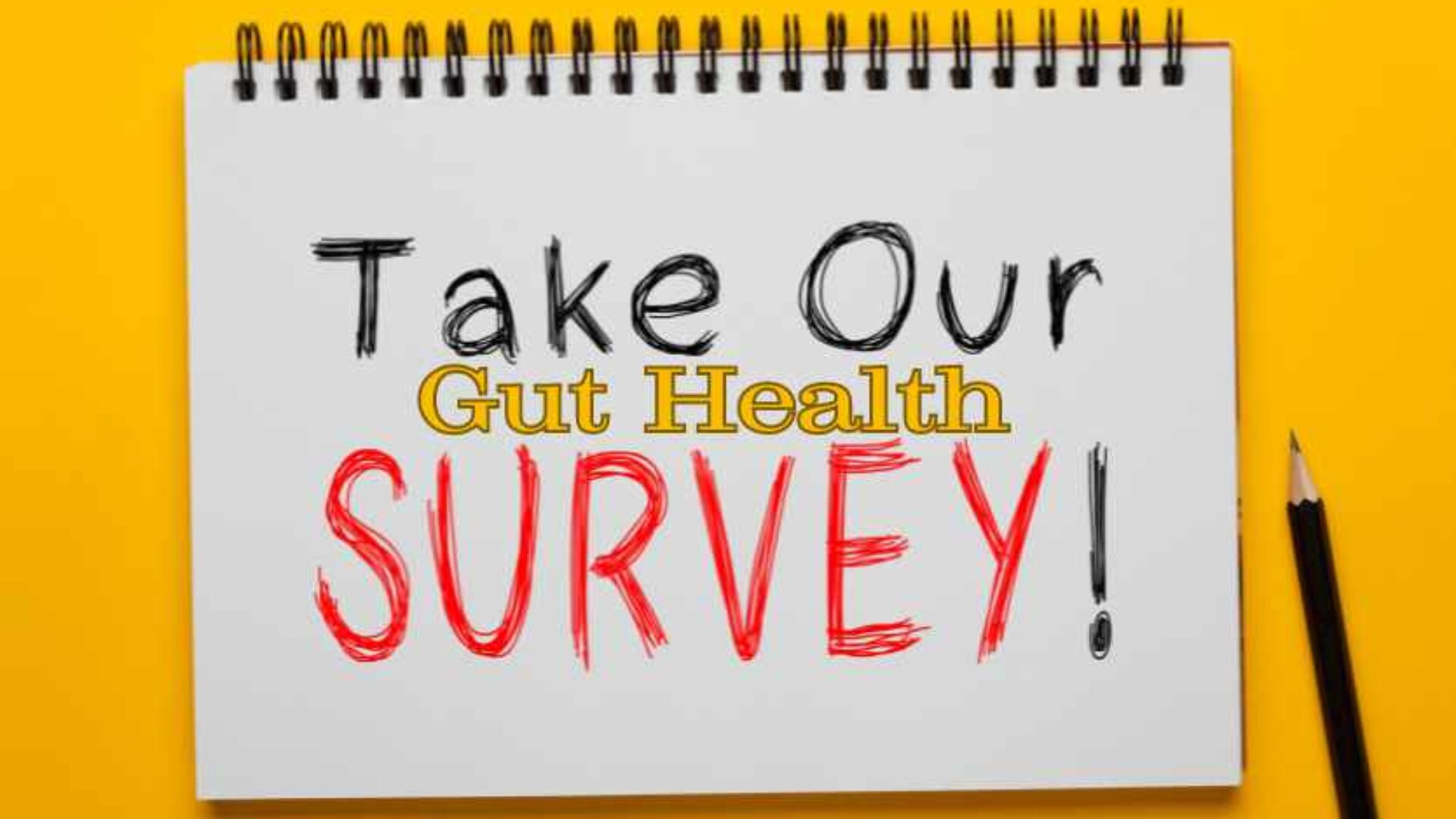What are Enzymes?
What Are Enzymes and Why Are They Important for Women Over 40? What are enzymes? And if they’re so important, why don’t many doctors or nutritionists discuss it with their patients or clients? Have you ever wondered how your body turns the food you eat into energy? It’s like magic, but there’s actually science behind it. The secret lies in tiny proteins called enzymes. Let’s dive into what enzymes are, why they’re so important for everyone—especially women over 40—and how you can keep them working well with the right foods and lifestyle. What Are Enzymes? Enzymes are special proteins that act like little helpers in your body. They…



